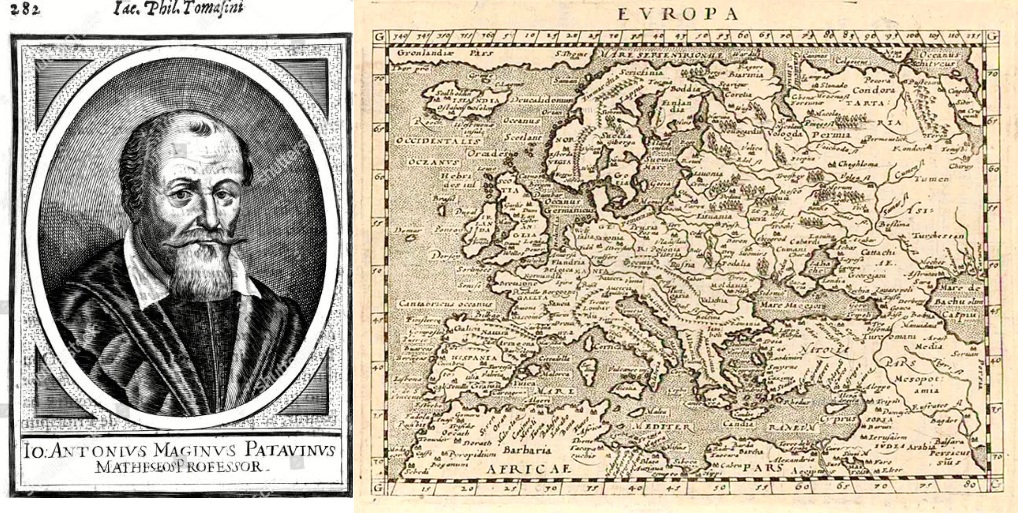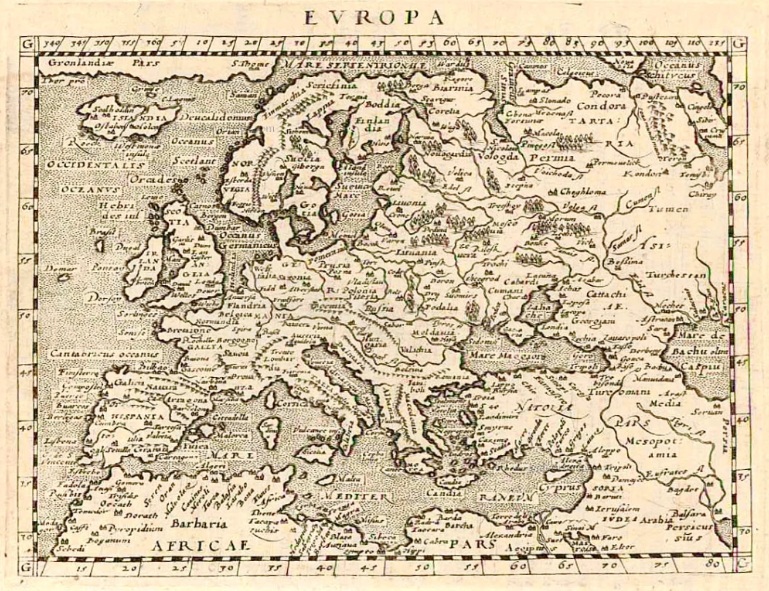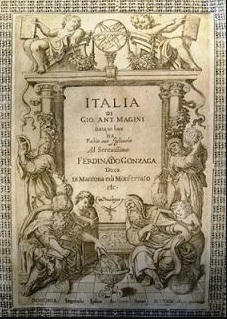Giovanni Antonio Magini, one of Italy’s most distinguished Renaissance astronomers and cartographers, was born in Padua on 13 June 1555. His work helped shape early modern understanding of geography and the heavens.
Magini studied at the University of Bologna, where he earned a degree in philosophy in 1579. He later became professor of mathematics at the same institution, succeeding the famed scientist Ignazio Danti. Magini’s most notable contribution to astronomy came in 1589, when he published Ephemerides coelestium motuum, a work outlining planetary motions based on the geocentric system. Despite emerging support for the Copernican model, Magini remained loyal to the Ptolemaic view, arguing that Earth stood still at the centre of the universe.
Though his astronomical theories were soon overtaken by the heliocentric model, Magini’s influence continued through his careful observations and his role in advancing scientific instruments. He corresponded with leading scientists of his time, including Tycho Brahe and Galileo Galilei, and played an important role in the intellectual debates of late sixteenth-century Europe.
Giovanni Antonio Magini also made significant strides in cartography. His most enduring achievement was the Atlante geografico d’Italia, a detailed atlas of the Italian states. Although unfinished at the time of his death in 1617, it was later published by his son Fabio. The atlas remains a remarkable document, reflecting both political fragmentation and regional identity in pre-unification Italy.
Magini’s commitment to science, despite his conservative astronomical stance, marked him as a transitional figure between the Renaissance and the Scientific Revolution. Born in Padua and active in Bologna, his life and work reflected the richness of Italian scholarship during a time of profound change.







